Mr Fenton explained to letsrecycle.com that more than two thirds of the glass being exported could have been used by UK glass manufacturers, helping to increase the recycled content of packaging and save tens of thousands of tonnes of Co2.
He said that more than 276,000 tonnes of unprocessed glasss is being exported for recycling outside of the UK which is means the quantity of recycled glass it not available to manufacture packaging with 100% recycled content.
Mr Fenton said: “The PRN system allows glass exporters to claim a remelt PERN on unprocessed waste glass. This incentivises export as they receive the same value as a UK remelt PRN without the investment in processing, energy, staff, technology costs and colour sorting equipment.
“Although there has always been some export of glass this has accelerated dramatically in recent years. First driven by volatility from covid but now forming a self-exacerbating loop driven by the high PERN price and the extremely low cost to collect for export with no processing cost – the exporting of glass is driving a UK shortage of recycled glass and the increase in glass prices. As PRN prices rise, the incentive to export unprocessed glass increases. In the period January to September 2022, we saw 39% more glass exported than in the same period in 2021.”
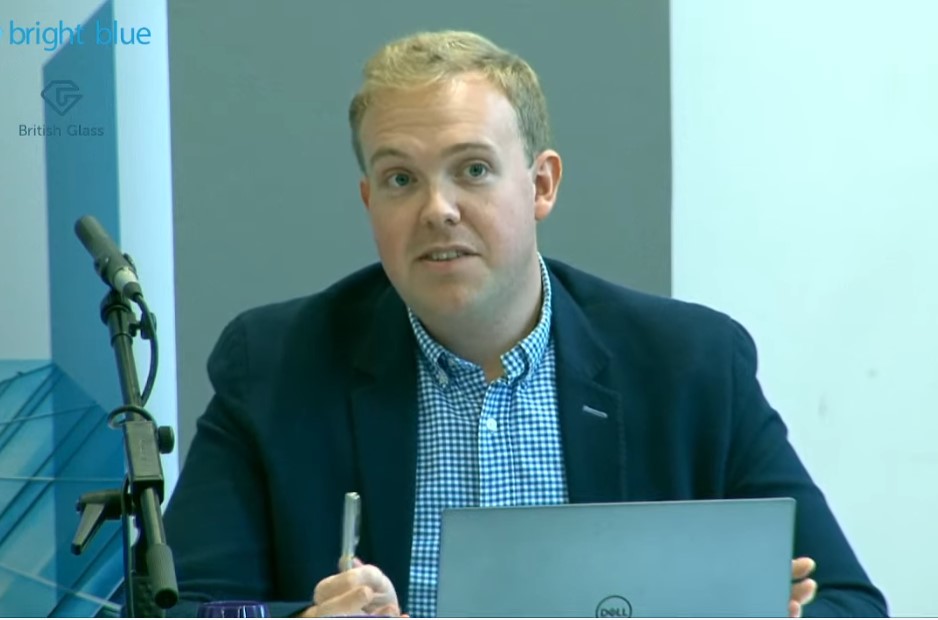
Exports
The issue of exported waste in the PRN system, known as PERNs, has long been a controversial issue as critics claim it incentivises exports as the value is the same.
Those in favour of exports however say they play a vital role in ensuring packaging is recycled properly, given there isn’t the UK infrastructure for all materials.
For glass however, Mr Fenton said British Glass believes that from the 276,000 tonnes exported in 2020, 65% could have been used by UK glass manufacturers.
“This recycled glass would have increased average recycled content by 10%, saved over 100k tonnes of CO2 and saved UK businesses over £7m in energy and emissions costs,” he added.
Processing
Mr Fenton further explained that “nearly all” glass collected in the UK is collected as mixed colour, green, brown and clear all mixed together, “which needs to be colour separated for use by the UK glass industry”.
He added that all exported glass is mixed colour and has received no processing to remove non glass contaminates (caps and labels) and separate out into the three colours. “This means that we are exporting valuable clear and brown glass which UK glass manufacturers need to reduce CO2 emissions and demand on virgin materials,” he noted.
Mr Fenton concluded that an efficient and affordable PRN scheme must be the “bedrock of the upcoming reforms” for glass to drive a 90% collection rate with at least 80% of glass to remelt by 2030, but it must support the domestic market through investment in capacity and efficiency, not hinder it.



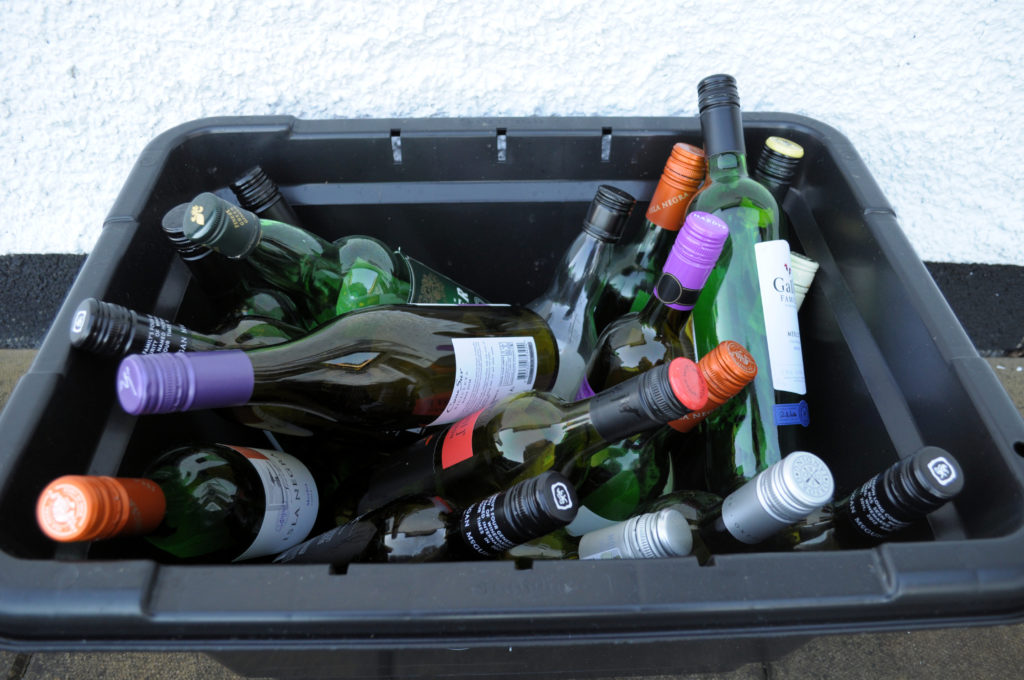

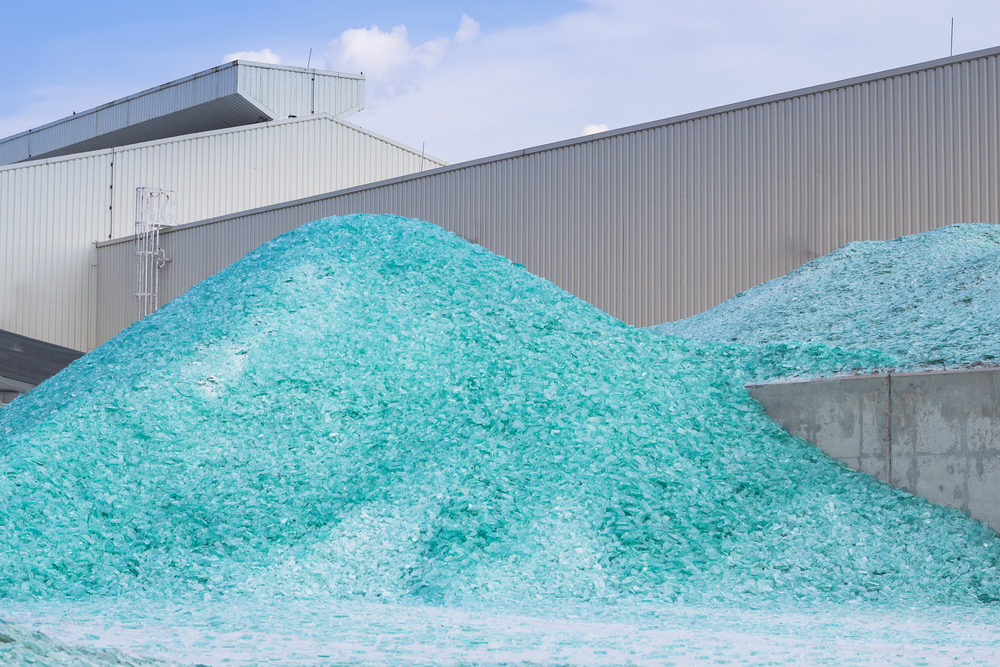
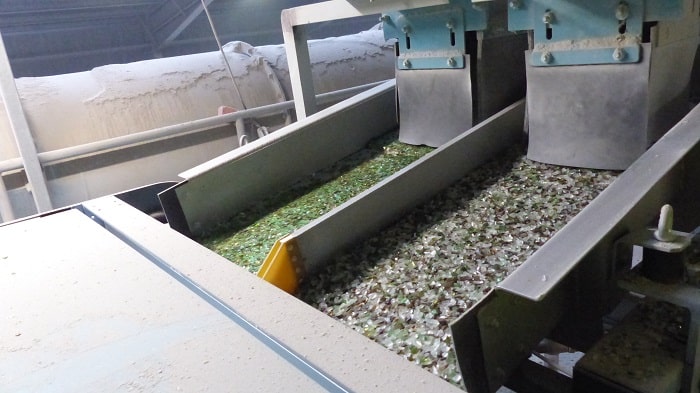
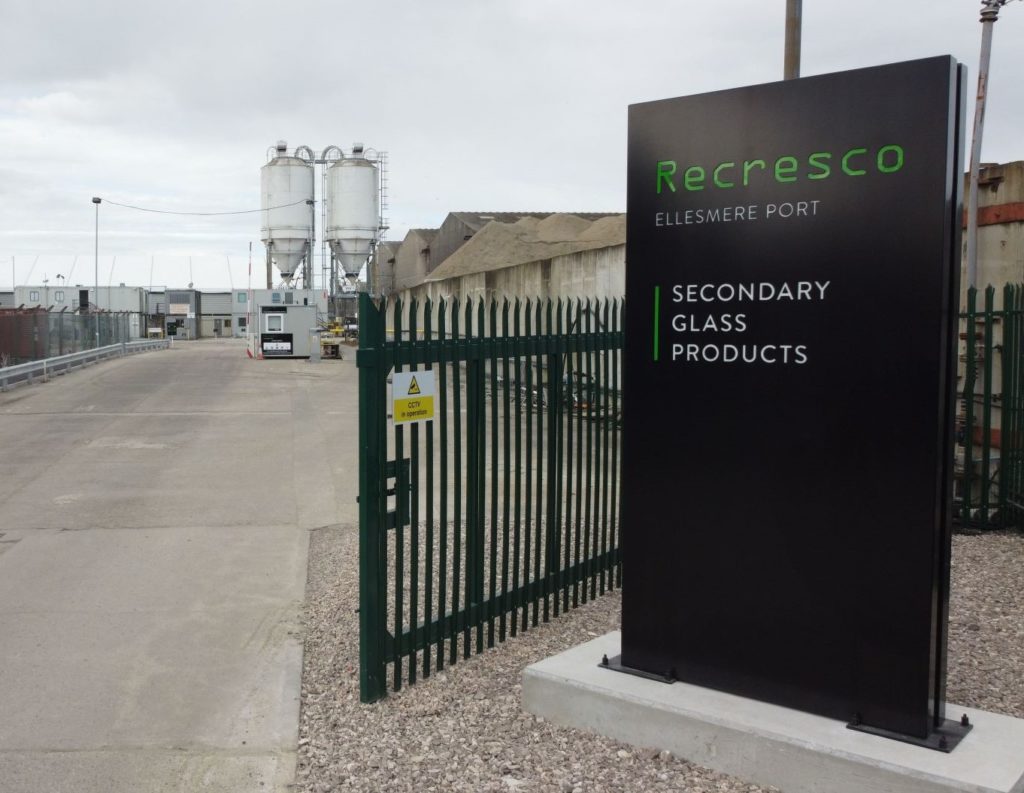


Subscribe for free